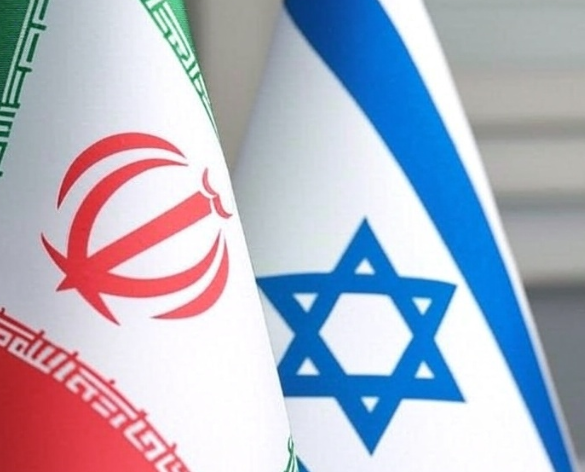
The ongoing conflict between Iran and Israel continues to intensify, with both nations engaging in relentless attacks against each other. The exchange of firepower has included the use of fighter jets, ballistic missiles, and a wide range of advanced weaponry. In the latest development, the Israeli Defense Forces (IDF) have accused Iran of deploying a highly controversial weapon—cluster bombs—during one of its recent missile attacks.
According to a report by the Israeli newspaper The Times of Israel, a missile launched by Iran on the morning of June 19 carried a cluster bomb warhead. The IDF’s Home Front Command explained that as the missile approached about 7 kilometers above ground, the warhead opened up, releasing multiple smaller bombs that spread over an area of nearly 8 kilometers. This alarming use of cluster bombs has reignited global debates about the humanitarian consequences of such weapons.
But what exactly are cluster bombs? To understand their devastating impact, one can recall a scene from the 2008 movie Iron Man, where Tony Stark demonstrates his Jericho missile to the U.S. military. The missile ascends into the sky and then disperses multiple smaller explosives that detonate across a wide area.
This cinematic portrayal effectively illustrates how cluster bombs operate. These weapons not only cause widespread destruction but also scatter explosions across multiple targets. However, it’s important to note that not all the submunitions always detonate on impact. Historically, there have been instances where unexploded bomblets later detonated during cleanup operations, leading to further casualties.
In simple terms, a cluster bomb is a large container filled with dozens or even hundreds of smaller bombs or submunitions. These are designed to disperse mid-air, allowing the bomblets to cover a broad area on the ground. The intent is to maximize damage across a wide battlefield in a single strike. However, this design also results in many bomblets failing to explode immediately. These unexploded submunitions, known as "duds," pose a long-term threat. For instance, if 100 bomblets are dispersed, typically 15 to 20 may remain unexploded, lingering as lethal hazards for civilians long after the fighting ends.
Due to these risks, numerous human rights organizations categorize the use of cluster bombs as a potential war crime. Global efforts have been made to ban or restrict their usage. In 2008, more than 100 countries signed the Convention on Cluster Munitions (CCM), agreeing to prohibit the use, production, transfer, and stockpiling of cluster munitions. Signatories also committed to clearing contaminated areas and assisting victims affected by cluster bombs.
According to the official website of the CCM, as of now, 123 countries have joined the treaty. However, several major military powers have refrained from signing it, including the United States, Russia, China, Ukraine, North Korea, Brazil, and India. Notably, both Iran and Israel are also not parties to the treaty. This exemption allows these nations to continue developing, stockpiling, and potentially using cluster munitions without violating any international legal commitments under the CCM.
The controversy surrounding cluster bombs is not new for Israel. During the 2006 Lebanon War, Israel faced accusations of using cluster bombs extensively in southern Lebanon. Similarly, Russia and Ukraine have accused each other of deploying cluster munitions in their ongoing conflict, with the United States criticizing Russia for such actions.
Interestingly, despite this criticism, the U.S. itself has supplied cluster bombs to Ukraine. The paradox is that all three nations involved—Russia, Ukraine, and the United States—have not signed the CCM treaty, making them technically unbound by its restrictions.
The latest allegations against Iran's use of cluster bombs in its attack on Israel have once again highlighted the devastating consequences and legal grey areas surrounding these weapons. As the conflict between Iran and Israel escalates, the world watches anxiously, concerned not only about immediate casualties but also about the long-term dangers posed to civilians due to unexploded ordnance scattered across war zones.
The ongoing coverage of the Iran-Israel conflict and its many dangerous dimensions will continue to unfold on our platform. Stay tuned as we bring you the latest updates and in-depth analysis.




